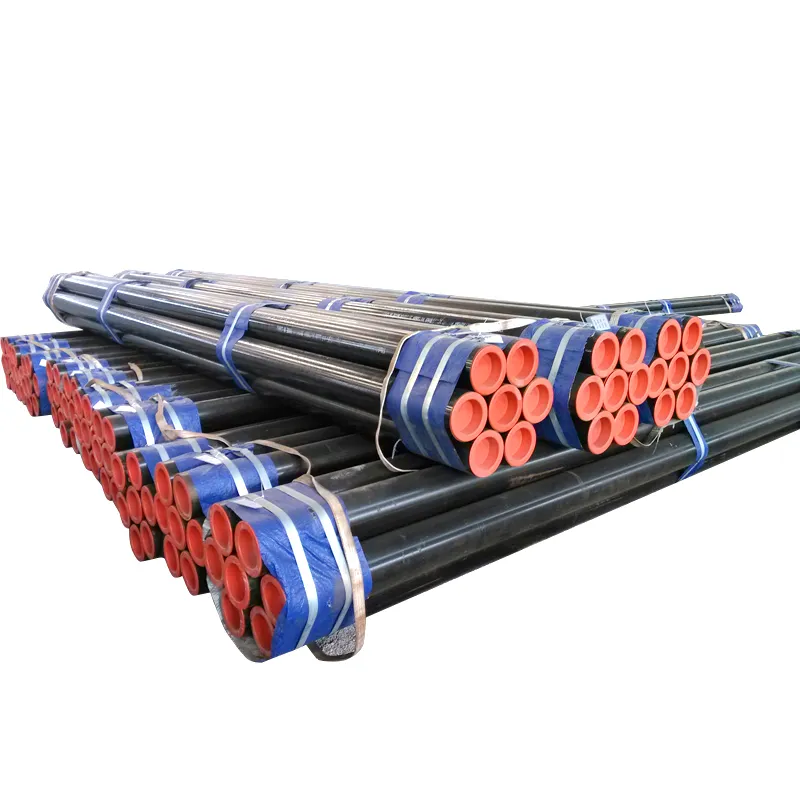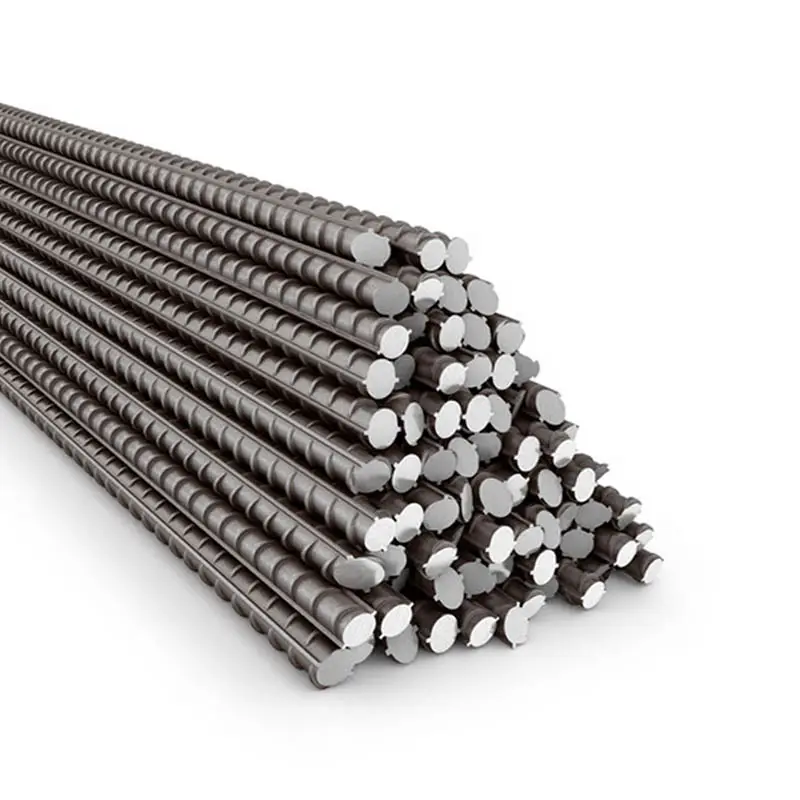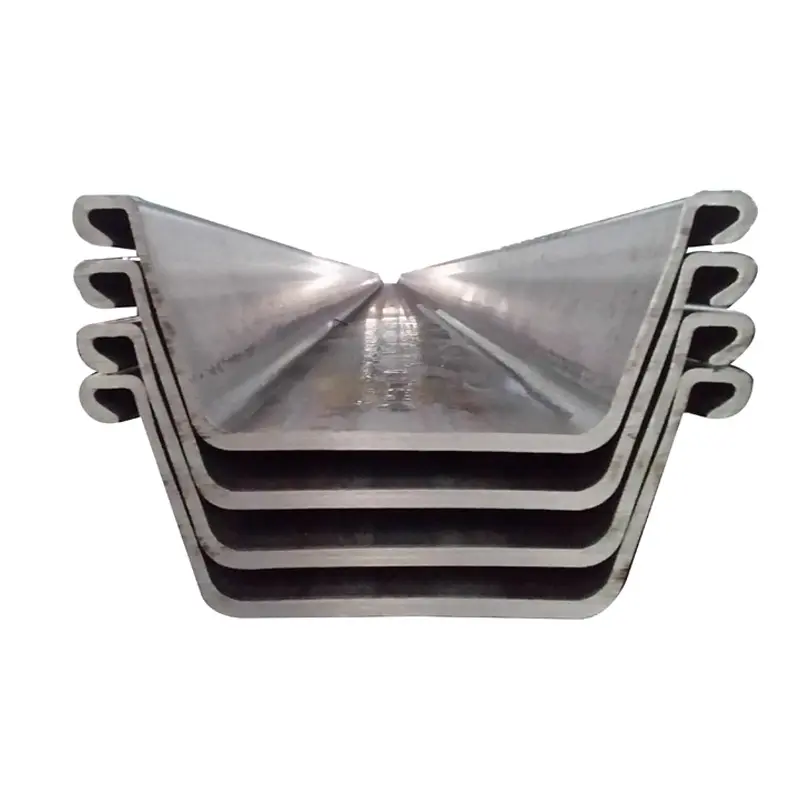ISO certified steel rebar undergoes production and quality management in compliance with ISO 9001 (quality management systems) and ISO 17025 (laboratory accreditation), ensuring consistent product quality and traceability across global markets. The certification guarantees that manufacturers have implemented rigorous processes, from raw material sourcing (ensuring steel billets meet chemical composition requirements) to final dispatch (including proper labeling and packaging). ISO certified rebars adhere to international product standards such as ISO 6935 2 (general requirements for deformed bars), which specifies mechanical properties like yield strength (≥400 MPa for Grade B500B), tensile strength (≥550 MPa), and minimum elongation (16%). The manufacturing process includes controlled rolling to achieve uniform grain structure, with heat treatment for higher strength grades to enhance toughness and resistance to fatigue. Quality control under ISO standards involves regular audits of production lines, calibrated testing equipment, and comprehensive documentation—each batch of rebar is accompanied by a mill test report (MTR) detailing chemical analysis, mechanical test results, and heat lot traceability. ISO certified steel rebars are preferred for international projects, especially in markets where compliance with third party certification is a mandatory requirement, such as infrastructure projects funded by international organizations (World Bank, ADB). The certification also ensures adherence to environmental and safety standards, with manufacturers implementing waste management systems for industrial byproducts and ergonomic practices for worker safety. For clients, ISO certification mitigates risks of non conforming materials, streamlines procurement processes through standardized documentation, and provides confidence in the rebar’s performance in critical applications like seismic resistant buildings or long span bridges.


